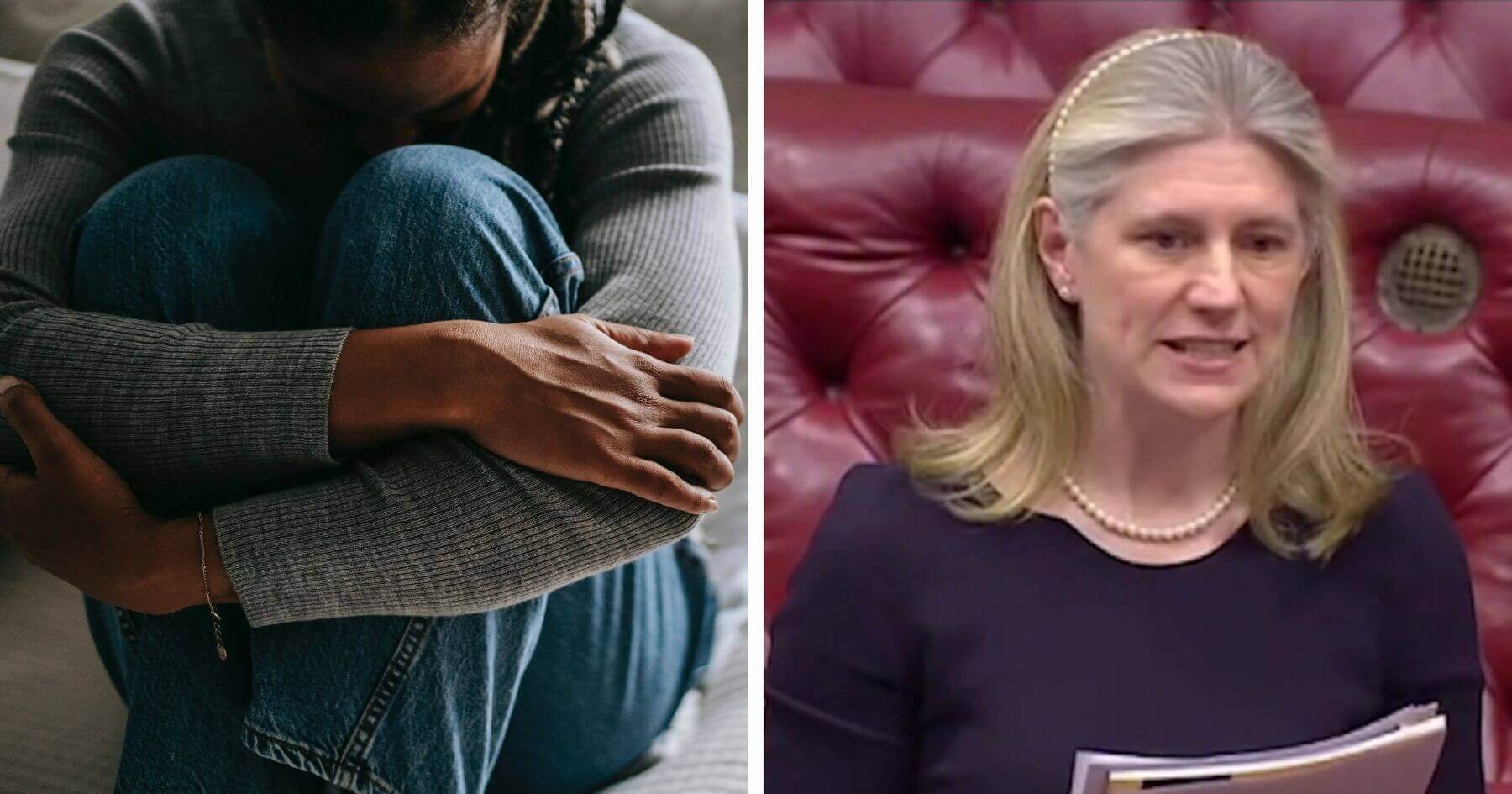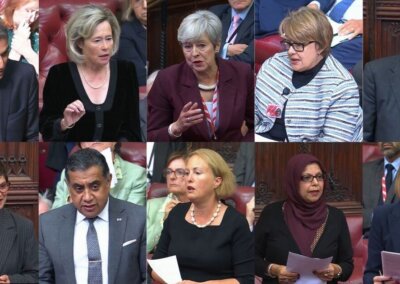A prominent member of the House of Lords has drawn attention to the shocking evidence of massive underreporting of complications arising from ‘DIY’ home abortions as part of the Government’s Women’s Health Strategy.
In discussing the issue of data gaps, Baroness Philippa Stroud highlighted the difference in the incidences of reported abortion complications arising from ‘DIY’ home abortions and the data gathered from hospitals via Freedom of Information (FOI) requests, which indicates a far higher rate of complication.
Baroness Stroud said: “The Minister in the other place confirmed in a recent Written Answer that the only method the department uses to gather this data is via HSA4 forms”.
“Between April and June 2020, from the 23,000 at-home abortions, these forms reported just a single complication, yet FOI requests to just six hospitals during the same period suggested that women were presenting due to complications at a rate five times higher than that reported by the Department of Health and Social Care”.
She went on to point out that “there were 36 999 calls due to at-home abortion complications every month to the ambulance service”.
In response to the Baroness’s question about addressing this gap, Lord Bethell, the Parliamentary Under-Secretary for Health and Social Care said: “I do not have a full brief on the treatment of abortion complication statistics at my fingertips, but she alludes to exactly the kind of data gaps that we wish to address in this consultation period and in the emerging strategy”.
Underreporting of complications from ‘DIY’ at-home abortions
Baroness Stroud is drawing attention to Government data released earlier this year that indicates that complications, including haemorrhage, uterine perforation and/or sepsis, following a ‘DIY’ home abortion are likely to have been vastly underreported.
In response to a Freedom of Information (FOI) request submitted last year, the Government said that between April and June of 2020 – the first three months after ‘DIY’ home abortions were made available – there were 23,061 ‘DIY’ abortions, and one reported complication.
As the MP, Sally-Ann Hart, who first called attention to this data said: “This would mean that the average rate of complication for medical abortions at a similar gestation over the past five years was over seventeen times higher than the complication rate for home abortions earlier this year”.
“This is not only highly unlikely – that complications would radically reduce in a home setting versus a medical setting – but, some may say, ridiculous”.
The data suggests that either ‘DIY’ abortions without any clinical supervision are significantly less dangerous than medical abortions with clinical supervision – a conclusion that would raise serious questions about the standard of care in abortion centres in England and Wales – or there are serious issues with the quality of recording and reporting incidences of complications arising from ‘DIY’ home abortions.
In Wales also, it has been reported that official data shows that there has been a 100 per cent increase in ambulance call-outs to people taking abortion pills at home since regulations permitting medical abortion outside of a clinical setting came into effect last year.
Right To Life UK spokesperson, Catherine Robinson, said: “There is a disparity between the officially reported data on complications arising from ‘DIY’ abortions and the Freedom of Information requests to individual hospitals. This disparity, in addition to the comparison with the average complication rate over the last five years arising from medical abortions that take place in a hospital setting, is strong evidence that the true extent of complications is likely massively underreported”.
“The huge increase in ambulance call-outs is also indicative of the problem. The manifest dangers of ‘DIY’ abortions for the baby’s mother, as well as the fact that it has no safeguards to prevent coercive abortions, show that its supporters are ideologues concerned with promoting abortion access at all costs with little regard for the wellbeing of women – let alone their unborn babies”.












